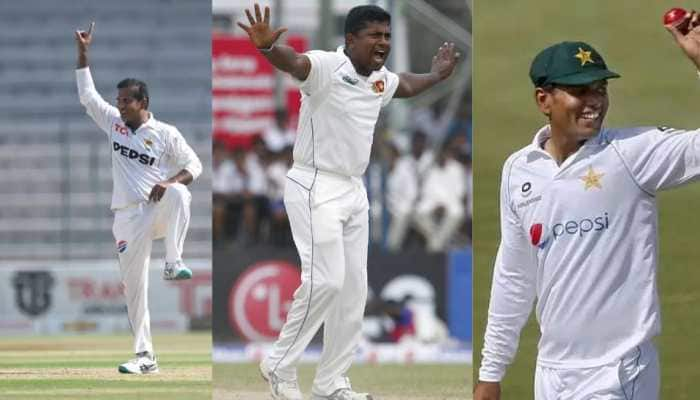Singapore ruling party stages crushing election win
Singapore`s ruling People`s Action Party (PAP) won a sweeping victory in a snap parliamentary election, extending its 56 years in power as official results early Saturday showed it had taken 83 of 89 seats.
Trending Photos
)
Singapore: Singapore`s ruling People`s Action Party (PAP) won a sweeping victory in a snap parliamentary election, extending its 56 years in power as official results early Saturday showed it had taken 83 of 89 seats.
The win came six months after the death of his father, independence leader Lee Kuan Yew, plunged Singapore into mourning and generated a wave of patriotism which analysts said benefitted the party.
The PAP led Singapore, a former British colonial outpost, to industrialised status in just one generation but was criticised for jailing dissidents and using defamation suits to cripple the opposition.
There was never any doubt the PAP would win a majority, but the results were a marked improvement over its performance in 2011, when -- although it took 80 of the 87 seats available -- its share of votes cast plunged to an all-time low of 60 percent.
No national figures were immediately available for each party`s vote share early Saturday, but the prime minister won 79 percent of the votes cast in his district, up from 69 percent in 2011.
Lopsided results in favour of the PAP were also registered in other key districts.
"Our polling all year showed likelihood of PAP bouncing back," said David Black, managing director of local research firm Blackbox.
"The only surprise was the extent of it," he told AFP.
Bridget Welsh, Asian political researcher at the National Taiwan University, said the "LKY (Lee Kuan Yew) effect" helped the PAP.
Opposition rallies drew tens of thousands during the nine-day campaign, dwarfing PAP gatherings, but they did not translate into votes on election day.
"This is a clear victory for Lee Hsien Loong and it will completely solidify his position within the cabinet, which was not all that strong before," said Michael Barr, an associate professor at Flinders University in Australia who closely follows Singapore politics.
"It also solidifies the PAP`s model of technocratic authoritarianism even after the LKY era," he added.
Most MPs in Singapore are elected as part of geographic clusters, a system criticised by the opposition as stacked in favour of the ruling party.
The prime minister, who has been in power since 2004, had staked the PAP`s fate on its performance since winning its first election in 1959, when colonial ruler Britain granted self rule.
After a stormy union with Malaysia, Singapore became a republic in 1965.
"In this election, we are showing a report card. We are proud of it, I hope you are proud of it too," Lee said in his final election rally speech.
The WP urged voters to support the building of a robust legislative opposition to rein in the PAP and force it to reform its policies on immigration, health care and social safety nets for the poor and elderly.
"We cannot allow Singapore to fall into a situation where our survival depends only on the PAP, or just on any one party," said WP chief Low Thia Khiang.
But Singaporeans decided to back the PAP instead.
"It is very clear that there is no linear progression to a two-party system," said Barr.
"It seems Singaporeans are not that concerned about issues like freedom of speech or democracy... they are more concerned about making money and getting by, and I guess that is fair enough."
Stay informed on all the latest news, real-time breaking news updates, and follow all the important headlines in india news and world News on Zee News.
Advertisement
Live Tv
Advertisement







)
)
)
)
)
)
)
)
)
)
